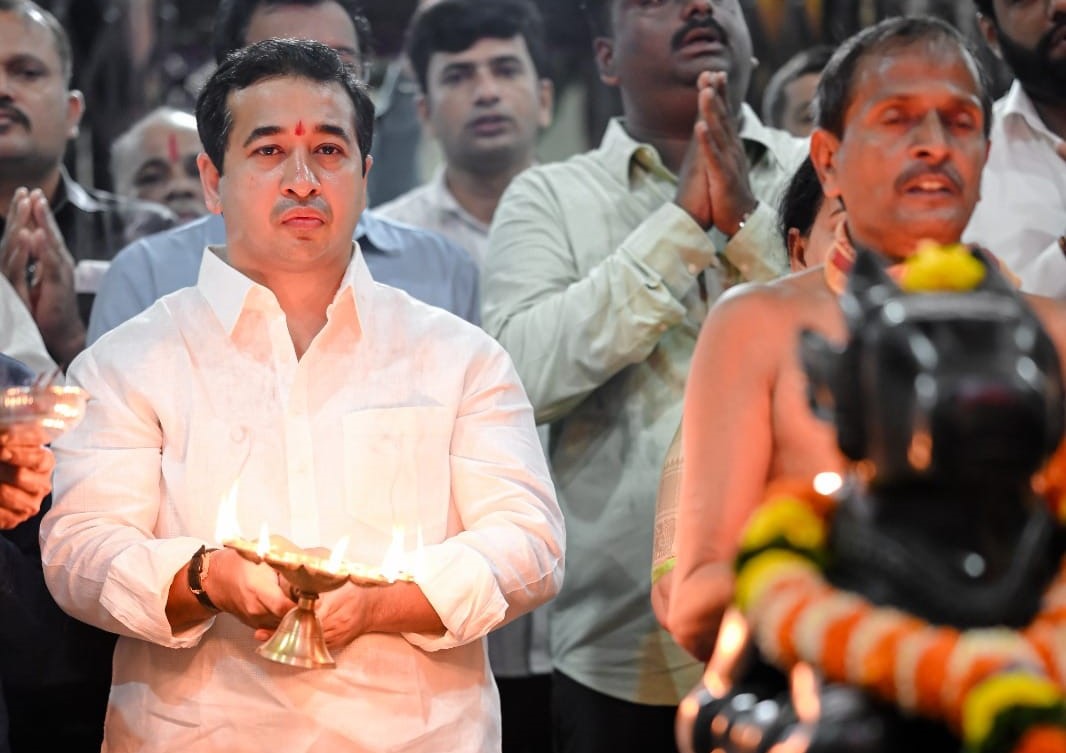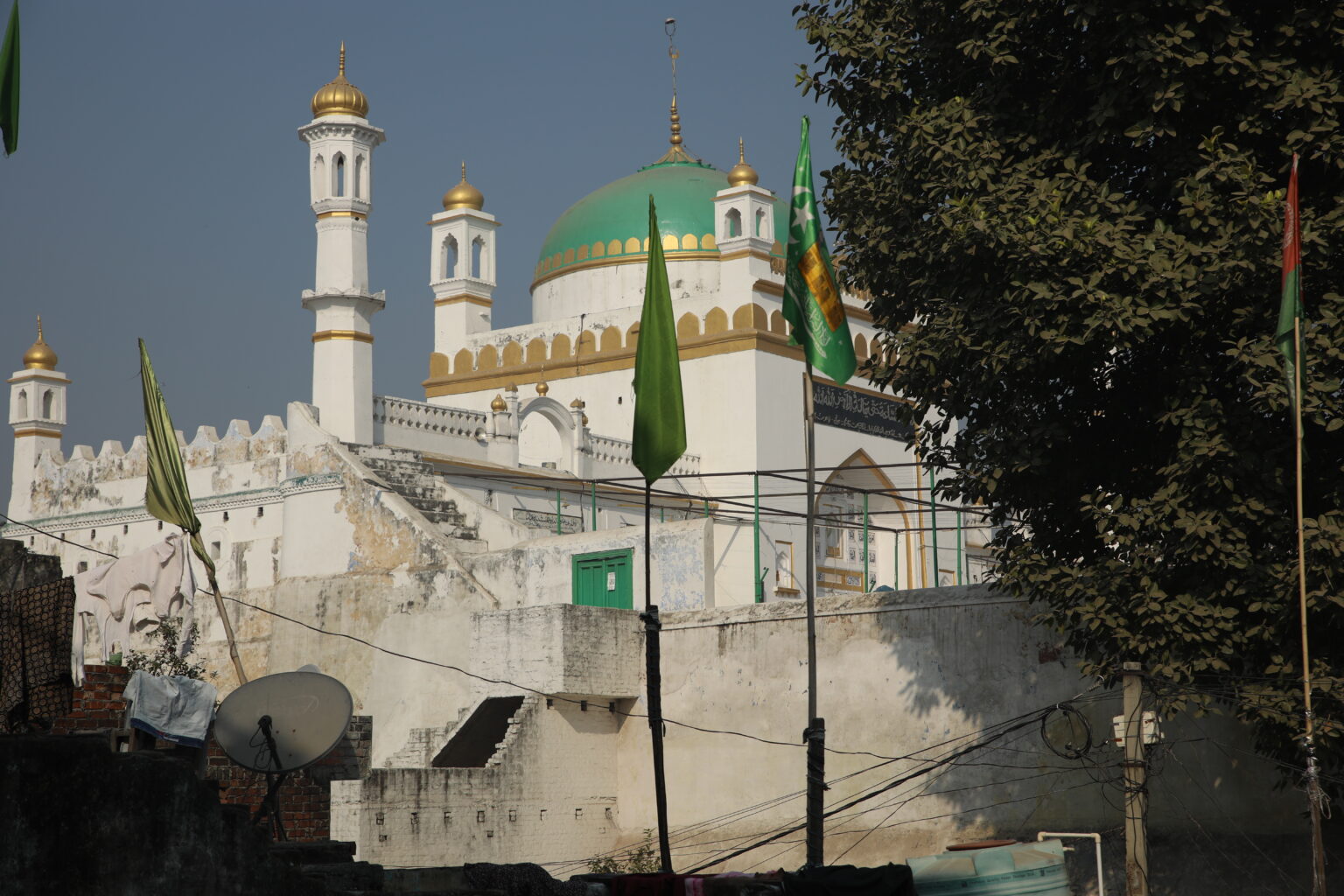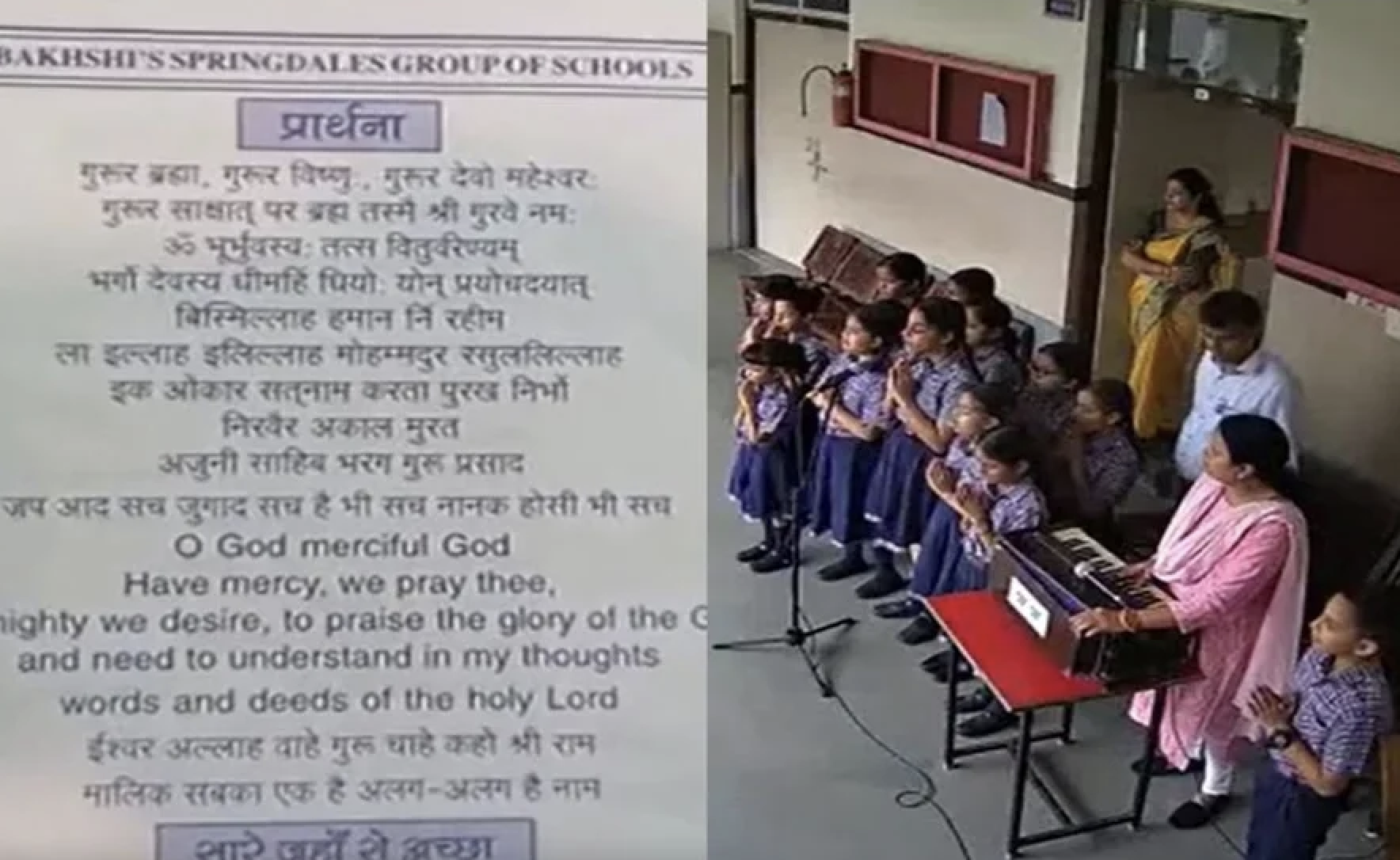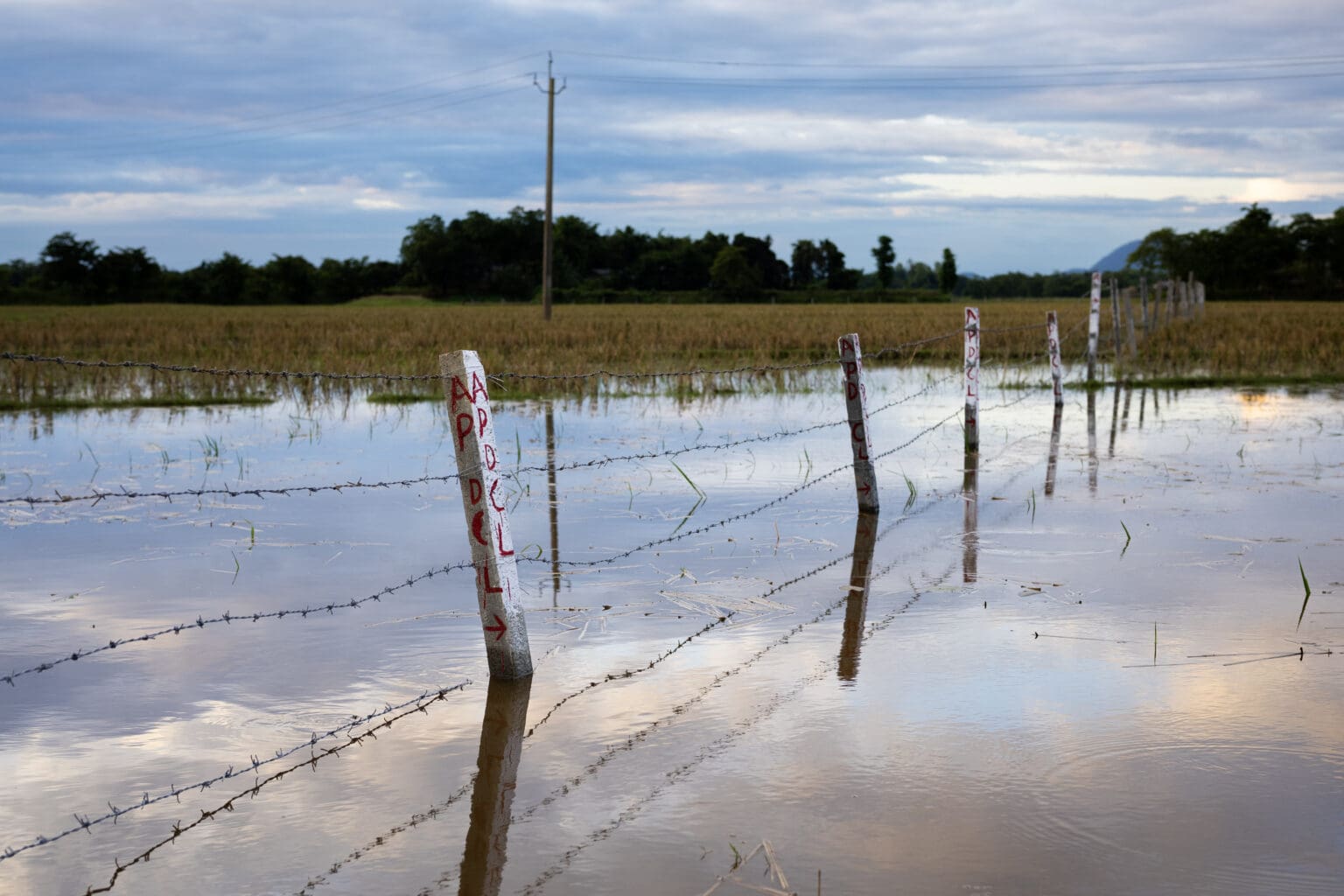On March 8, 2023, International Women’s Day, the Toronto District School Board’s trustees voted on a resolution (16 in favour and five against) recognising caste oppression and asked the Ontario Human Rights Commission to create the framework to address caste oppression in public education. The motion was spearheaded by Dalit feminist trustee Yalini Rajakulasingam and supported by Anu Sriskandarajah.
This historic initiative in Canada recognises caste oppression on par with racism and sexism. Once the Ontario Human Rights Commission develops a framework and protocols to address caste-based oppression, it will become part of the Human Rights Code. If mandated, all public and private institutions will include rules against caste discrimination in their diversity, equity and inclusion policies. Victims will have access to legal recourse.
Anyone familiar with caste stigma and the violence endured by caste-oppressed Dalits and other minorities should have welcomed this move as a progressive step. But Indian-origin privileged caste Hindus in Canada organised a protest demonstration in front of the TDSB office. In the name of the Canadian Organisation for Hindu Heritage Education, they launched a coordinated campaign against Rajakulasingam and other trustees who supported the motion. The protestors had the support of the Hindu American Foundation and other right-wing organisations in North America.
Privileged caste Hindus as cultural ambassadors
The end of colonial empires, the emergence of a new global order based on nation-states and the collapse of communist regimes led to globalisation. This globalisation relied on the movement of not only capital but also skilled and unskilled labour across Europe, Australia and North America, including to Canada. Moreover, at one level, the shared history of English colonial rule made the North American landscape familiar to the new immigrants from India, especially privileged caste Hindus with generations of English-language education.
As a result, by the 1990s, caste Hindus emerged as the most successful and visible of minorities in North America. They occupy high positions in the corporate sector, government and politics. Thus, they emerged as the cultural ambassadors of India. Notably, given their inherited caste privileges, they had easy access to elite education that enabled them to navigate and succeed in the white power ecosystem.
Moreover, the white colonial powers, such as Germany, France and England, and others like Russia, were obsessed with Sanskrit and Aryan cultures, even tracing their roots there. That is why the orientalist construction of Hinduism by the Europeans as a religion of non-violence, otherworldly yogis and vegetarianism set privileged caste Hindus as different from other racialised minorities, even though they faced racial oppression and violence periodically along with other minorities.
Moreover, historically in the construction of racialised societies in settled colonial spaces like in North America, caste became a template to order and govern by dehumanising non-white souls. In this context, one can see an invisible connection between caste and white supremacy that produced the Aryan race supremacy of Adolph Hitler’s Nazi Germany and the Italian fascism of Benito Mussolini. The rise of Hindu supremacist nationalism in India in the 1990s was predicated on the theory of one nation, one religion and one language, undermining the plural and diverse cultural history of India. It targeted minorities such as Muslims, Christians, Sikhs, Dalits and indigenous Adivasis who do not subscribe to the Hindu supremacist agenda.
In this context, privileged caste Hindus who have emerged as India’s cultural ambassadors and faces of the Indian diaspora are normalising a Hindu supremacist ideology. They are targeting and discrediting non-Hindu minorities as anti-nationals and ‘Hinduphobic’ for speaking about the growing violence against minorities and other oppressed sections under the current regime in India, by conflating India with Hinduism.
Why caste equity matters in Canada
This homogeneous construction of Hinduism erases the everyday killings, rapes and lynching of caste-oppressed people. Equally important is how it undermines the violence endured by non-Hindu minorities such as Muslims, Christians and Sikhs in India, Canada and the US. In recognition of this reality, the California State University system and universities across the US and Canada are outlawing caste discrimination and including caste in their diversity, equity and inclusion policies. Recently, the Seattle city council outlawed caste discrimination as the city hosts several corporate headquarters that attract migrants from South Asia…
This story was originally published in thewire.in. Read the full story here






